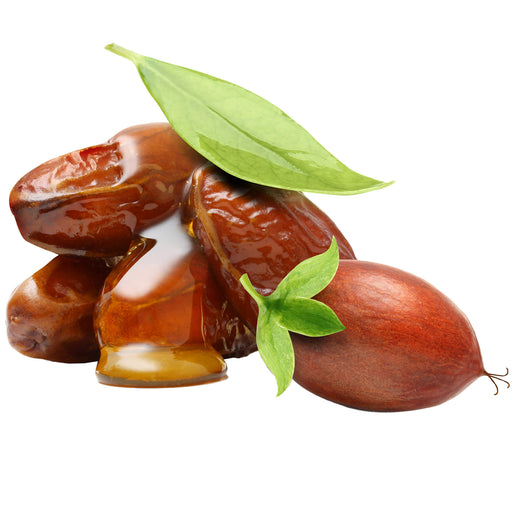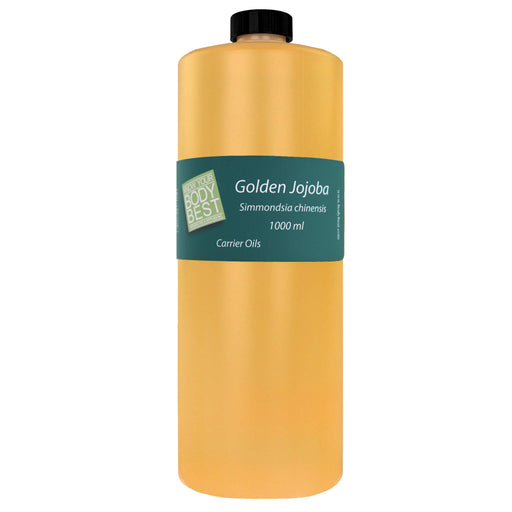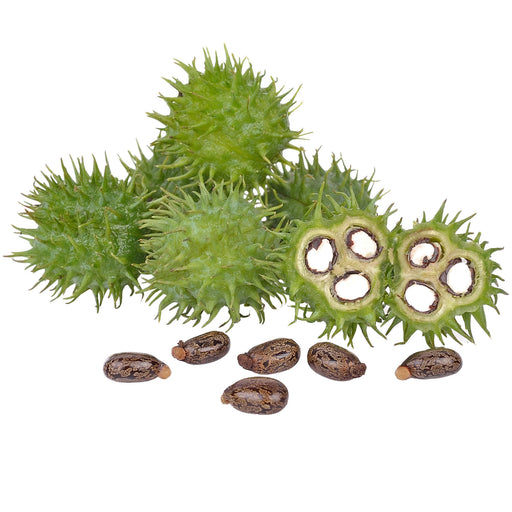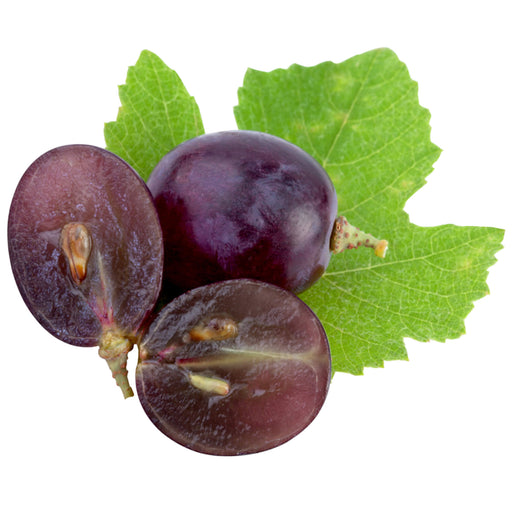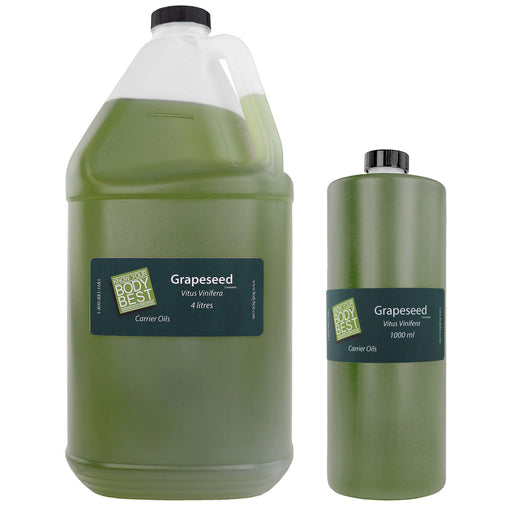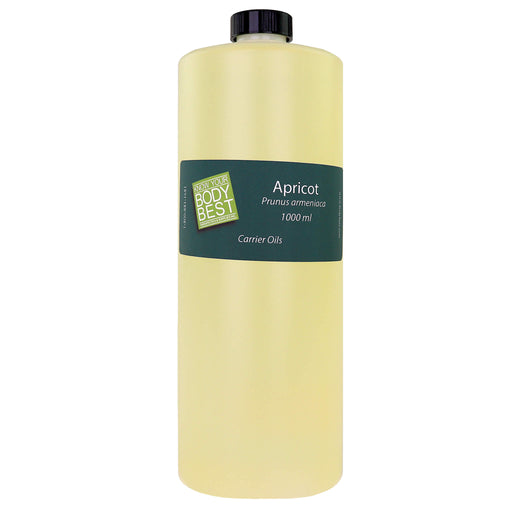over $250.00

The History of Eucalyptus in Medicine & Culture
Some Notes About the History of Eucalyptus in Medicine and Culture
Eucalyptus trees, with their striking appearance and aromatic leaves, have a rich history intertwined with both medicine and culture. Native to Australia, these trees have made a remarkable journey across the globe, evolving from a traditional indigenous remedy to a staple in modern medicine and cultural practices. Here’s a look at how eucalyptus has shaped and been shaped by human history.
Indigenous Use and Early Observations
Long before Europeans arrived in Australia, Aboriginal Australians had been using eucalyptus for thousands of years. They recognized the medicinal properties of the eucalyptus leaves, employing them in various ways. The leaves were crushed and applied to wounds and infections for their antiseptic qualities. Traditional healers also used eucalyptus in steam baths to treat respiratory conditions and to ward off colds.
The Indigenous Australians’ intimate knowledge of the eucalyptus tree was based on a profound understanding of their environment and its healing potentials. This traditional knowledge was passed down through generations and laid the groundwork for the broader acceptance of eucalyptus in medicine.
European Discovery and Adoption
The eucalyptus tree caught the attention of European explorers in the early 19th century. Its rapid growth and ability to drain swamps were noted as useful traits for land reclamation. It was only a matter of time before the tree's medicinal properties were explored by the scientific community.
In the 1850s, French chemist Pierre-Joseph Pelletier and his colleague Joseph Bienaimé Caventou isolated eucalyptus oil and identified its key component, cineole (or eucalyptol). This discovery was pivotal, as cineole was found to have antiseptic and expectorant properties, making eucalyptus oil a valuable tool for treating respiratory conditions.
Modern Medical Uses
Eucalyptus oil quickly gained popularity in Western medicine. By the late 19th and early 20th centuries, it was widely used in treatments for coughs, colds, and other respiratory issues. The oil's antiseptic properties made it a common ingredient in cough syrups, throat lozenges, and even in some disinfectants.
In the 20th century, eucalyptus oil became a mainstay in over-the-counter remedies and personal care products. Its use expanded to include treatments for minor injuries, muscle pain, and as an ingredient in various cleaning products due to its antimicrobial properties. Eucalyptus essential oil is an ingredient in many analgesics, including Cryoderm, MediStik, and Motion Medicine, among others.
Recent research continues to explore the full spectrum of eucalyptus's medicinal benefits. Studies have examined its potential in treating conditions like sinusitis, asthma, and even as a natural insect repellent. The versatility of eucalyptus oil is a testament to its enduring relevance in modern medicine.
Cultural Significance
Beyond its medicinal uses, eucalyptus holds cultural significance in Australia and beyond. In Indigenous Australian culture, eucalyptus trees are revered as sacred symbols of healing and endurance. They feature prominently in art, stories, and rituals, reflecting their deep connection to the land and its spiritual heritage.
Eucalyptus trees also feature in global cultural contexts. In the early 20th century, the eucalyptus tree became a symbol of Australia's natural beauty and was featured in various art forms, from literature to paintings. The leaves' distinctive scent and the tree's towering presence inspired poets and artists, cementing the eucalyptus as a symbol of the Australian landscape.
In other parts of the world, eucalyptus has been embraced for its aesthetic appeal and practical benefits. Its rapid growth makes it a popular choice for reforestation and land reclamation projects, while its distinctive foliage adds a touch of exotic charm to gardens and parks.
In summary
From its traditional uses by Indigenous Australians to its global spread and modern medical applications, the eucalyptus tree has a storied history that highlights its significance in both health and culture. Its journey from ancient remedy to contemporary essential underscores the value of traditional knowledge and the ongoing exploration of natural resources. As we continue to study and appreciate the eucalyptus, we honour a plant that has long been intertwined with human well-being and cultural expression.
Featured collection
-
Original price $14.99 - Original price $124.99$14.99 - $124.99$14.99
Lowest Price per ml: $36.66
$9.99 - $109.99$9.99 - $109.99Current priceCurrent Price: $29.99
Price Per ml: $29.99
$9.99BodyBest Fractionated Coconut Massage Oil
BodyBestIn stockBenefits of BodyBest Fractionated Coconut Massage Oil Elevate your massage experience with our house-branded Fractionated Coconut Massage Oil, a pr...
View full detailsOriginal price $14.99 - Original price $124.99$14.99 - $124.99$14.99Lowest Price per ml: $36.66
$9.99 - $109.99$9.99 - $109.99Current priceCurrent Price: $29.99
Price Per ml: $29.99
$9.99Save up to 12% -
$14.99 - $59.99
Lowest Price per ml: $0.06
$14.99 - $59.99$14.99 - $59.99Current priceCurrent Price: $59.99
Price Per ml: $0.05
$14.99Golden Jojoba Carrier Oil – Professional Massage & Skin Therapy
BodyBestIn stockGolden Jojoba Carrier Oil – Professional Massage & Skin Therapy Golden Jojoba Oil is a premium, professional-grade carrier oil designed for cli...
View full details$14.99 - $59.99Lowest Price per ml: $0.06
$14.99 - $59.99$14.99 - $59.99Current priceCurrent Price: $59.99
Price Per ml: $0.05
$14.99 -
$0.00 - $0.00$0.00
Lowest Price per ml: $0.03
$11.99 - $29.99$11.99 - $29.99Current priceCurrent Price: $11.99
Price Per ml: $0.04
$11.99Castor Organic Carrier Oil - Extra Virgin
BodyBestIn stockProfessional Castor Organic Carrier Oil – Extra Virgin for Therapeutic & Wellness Use Extra Virgin Castor Oil is a high-viscosity, professional...
View full details$0.00 - $0.00$0.00Lowest Price per ml: $0.03
$11.99 - $29.99$11.99 - $29.99Current priceCurrent Price: $11.99
Price Per ml: $0.04
$11.99 -
$29.99 - $99.99
Lowest Price per ml: $0.02
$29.99 - $99.99$29.99 - $99.99Current priceCurrent Price: $29.99
Price Per ml: $0.02
$29.99Refined Grapeseed Carrier Oil – Cosmetic Grade
BodyBestIn stockOur Refined Grapeseed Carrier Oil – Cosmetic Grade is a lightweight, professional-grade carrier oil widely used by massage therapists, aesthetician...
View full details$29.99 - $99.99Lowest Price per ml: $0.02
$29.99 - $99.99$29.99 - $99.99Current priceCurrent Price: $29.99
Price Per ml: $0.02
$29.99 -
$29.99 - $29.99$29.99$29.99 - $29.99Current price$29.99
Apricot Kernel Carrier Oil - Cosmetic Grade, Refined
BodyBestIn stockProfessional Cold-Pressed Apricot Kernel Oil for Massage & Body Treatments Cold-Pressed Apricot Kernel Oil – Cosmetic Gradef, Refined is a ligh...
View full details$29.99 - $29.99$29.99$29.99 - $29.99Current price$29.99


